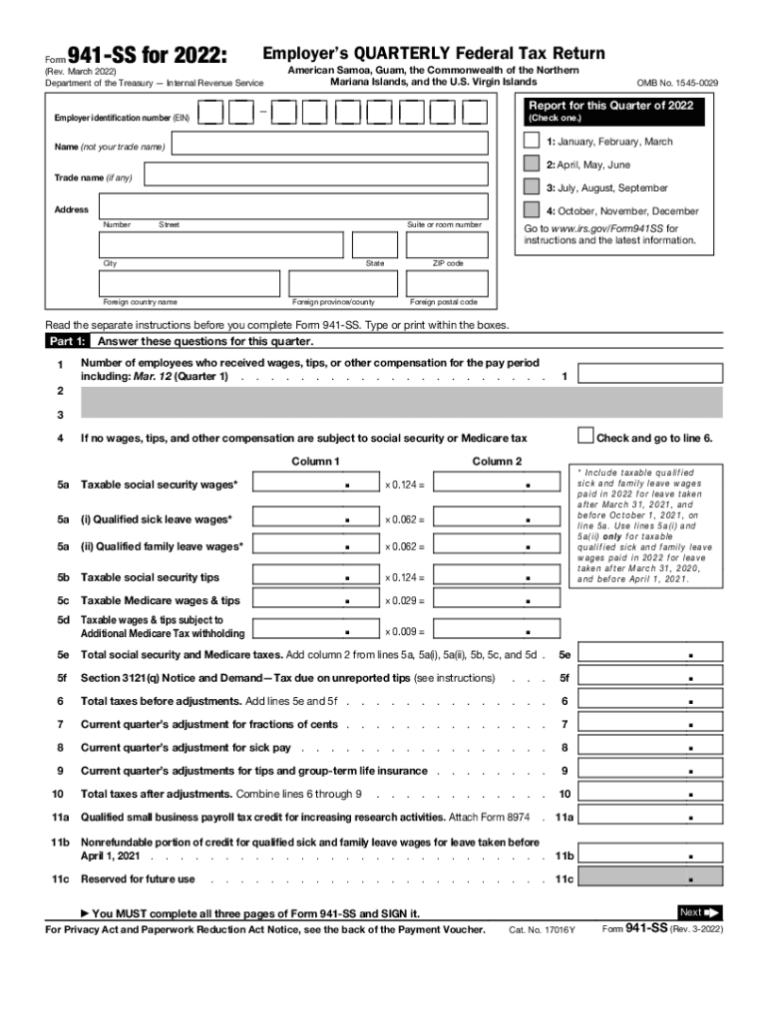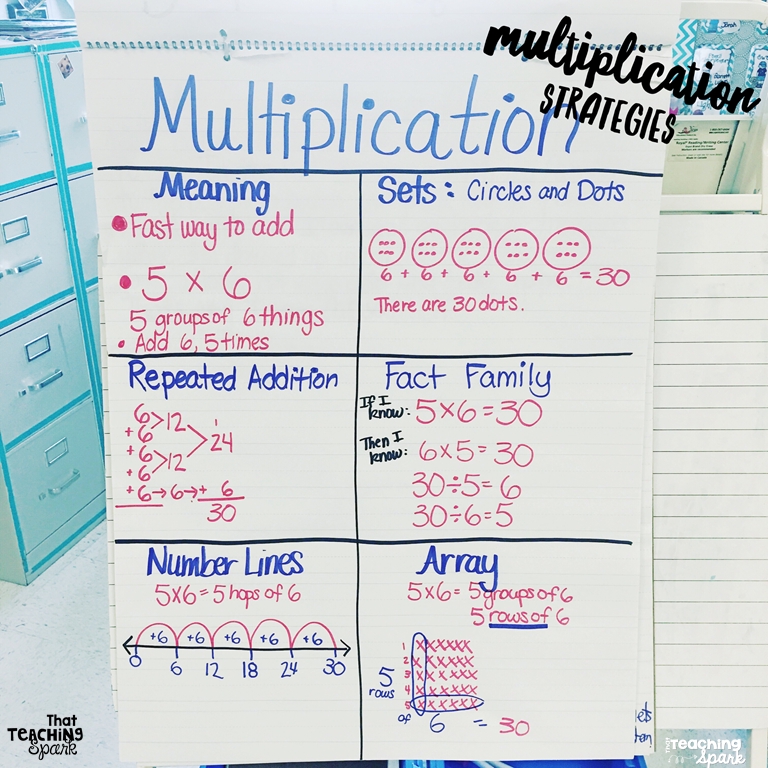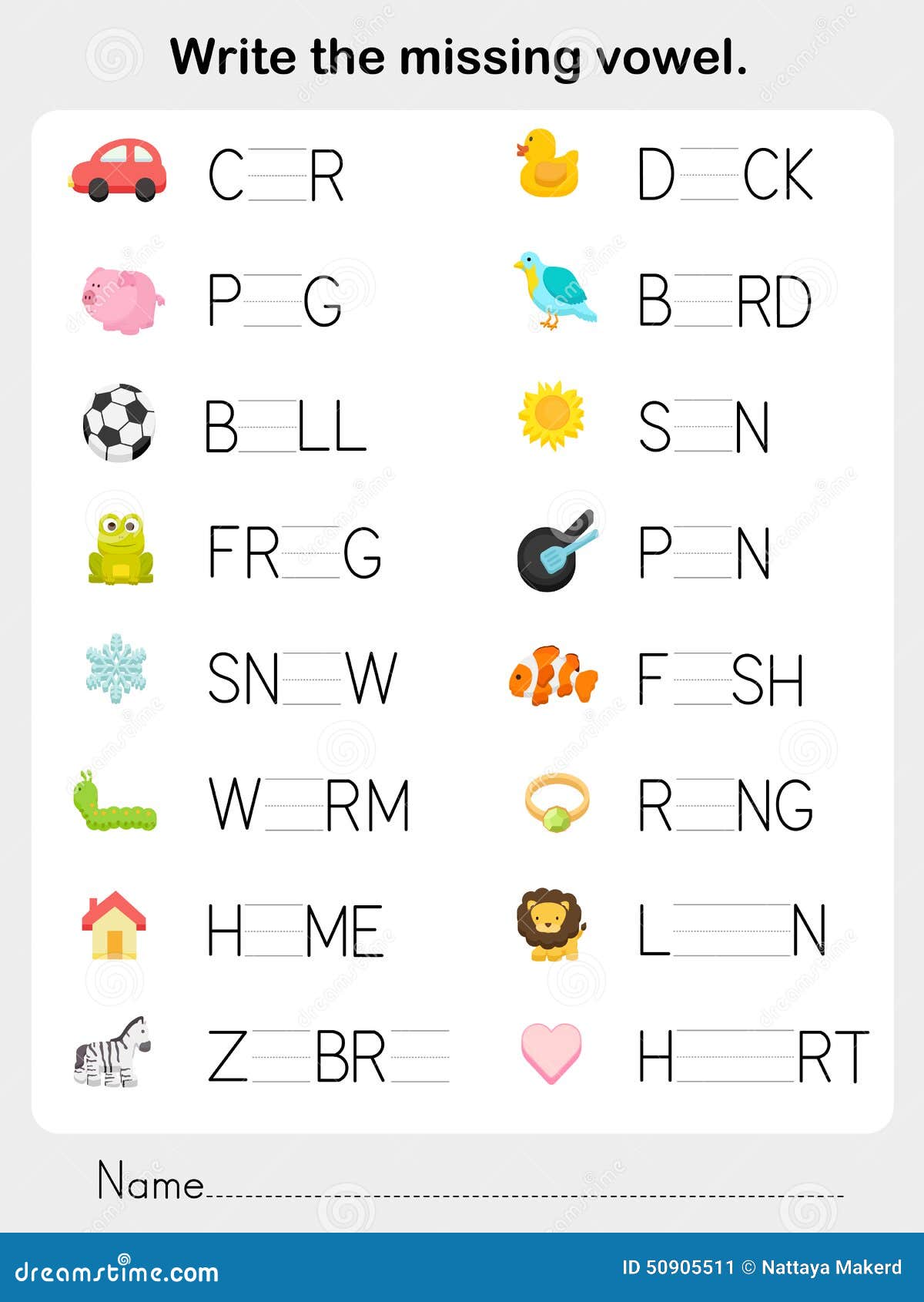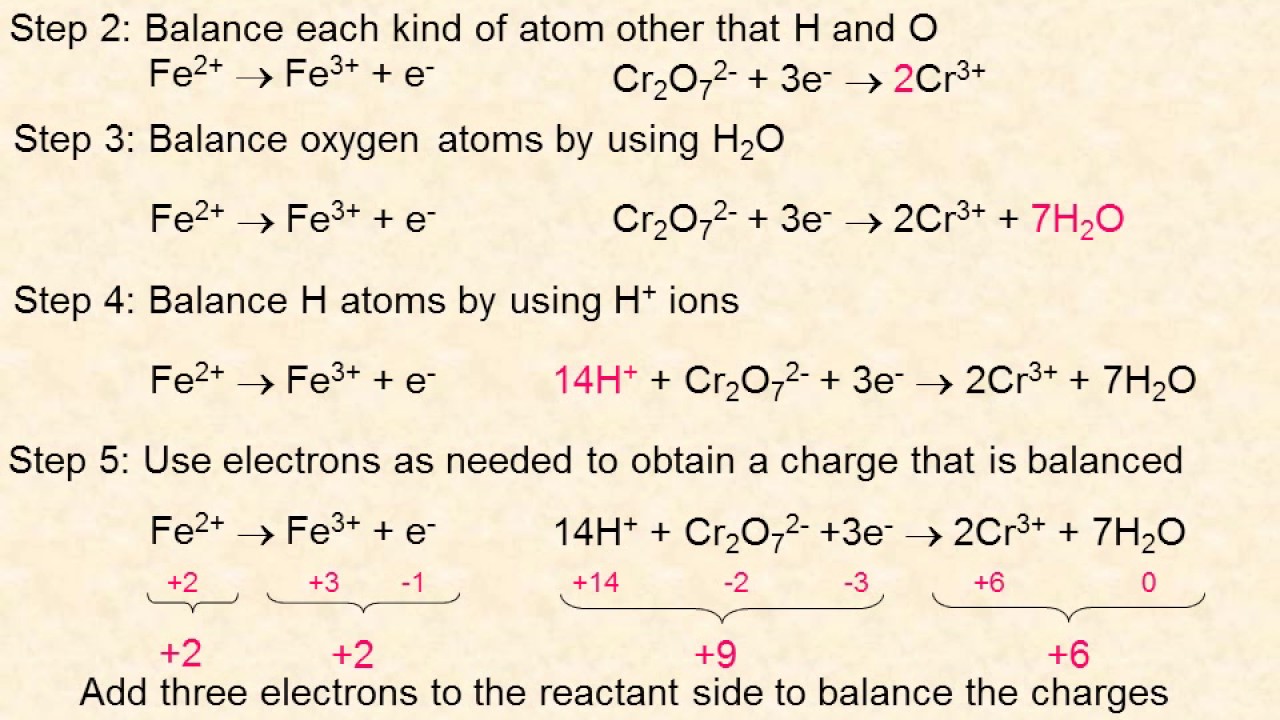Fact or Opinion Worksheets for Kids: Fun Learning Exercises
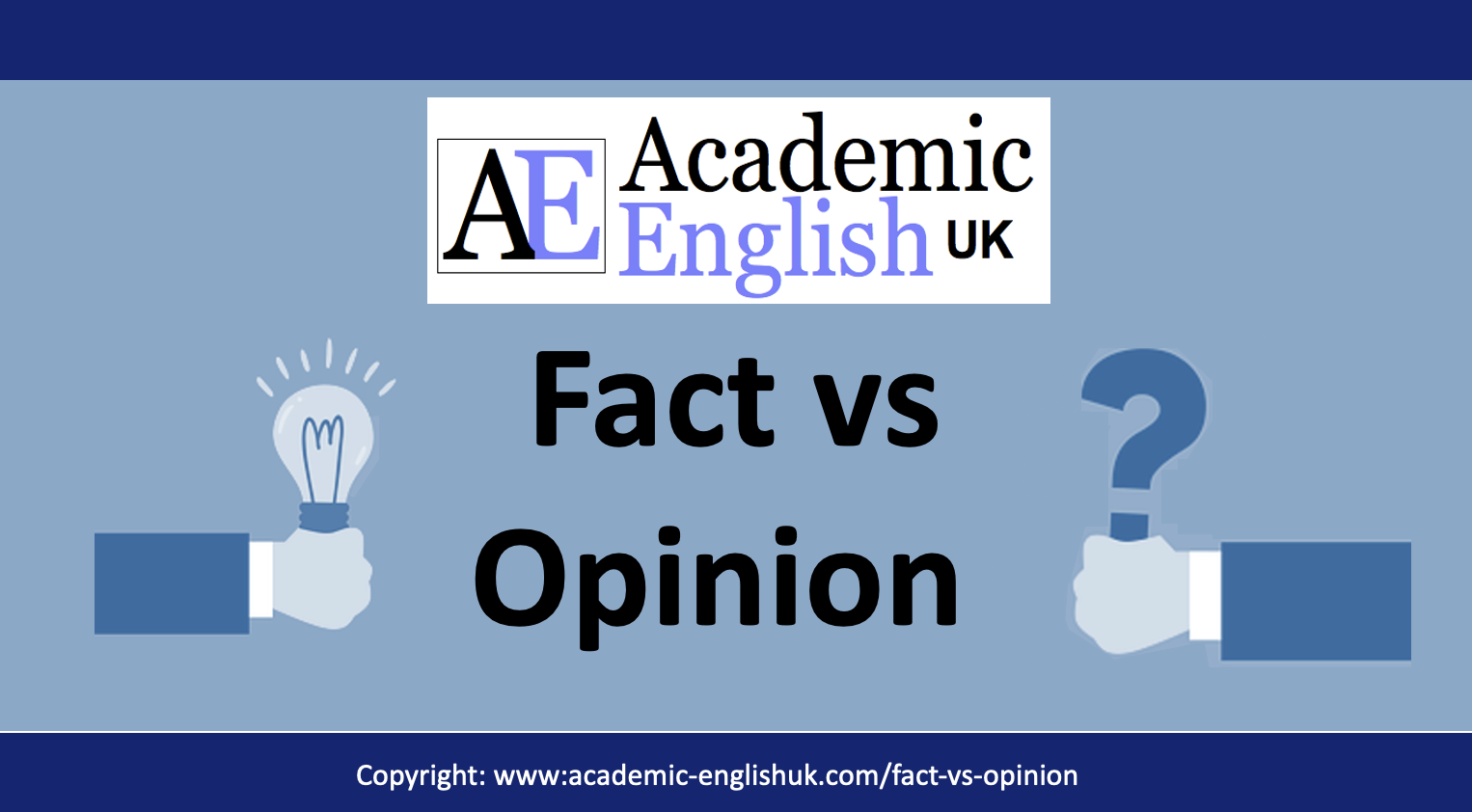
Fact or Opinion Worksheets for Kids: Fun Learning Exercises
Teaching children the difference between fact and opinion is an essential skill that can benefit them in various aspects of life. Facts are statements that can be proven true or false, while opinions are subjective and based on personal beliefs or feelings. By introducing this concept early on, you can help your kids develop critical thinking skills and learn to distinguish between objective and subjective information.
Why Teach Fact vs. Opinion to Kids?
Teaching kids the difference between fact and opinion can have a significant impact on their learning and social interactions. Here are some reasons why:
- Critical thinking: Understanding the difference between fact and opinion encourages kids to think critically about the information they receive. They learn to evaluate sources, question assumptions, and make informed decisions.
- Improved communication: By recognizing the difference between fact and opinion, kids can express themselves more effectively and avoid misunderstandings. They learn to articulate their thoughts, listen to others, and engage in respectful discussions.
- Media literacy: With the abundance of information available today, it’s essential for kids to learn how to evaluate sources and distinguish between fact and opinion. This skill helps them navigate the media landscape and make informed choices.
Fact or Opinion Worksheets for Kids
To help your kids learn the difference between fact and opinion, we’ve put together some fun and engaging worksheets. These exercises are designed for kids of various ages and skill levels, so you can choose the ones that best suit your child’s needs.
Worksheet 1: Fact or Opinion Sorting
Create a table with two columns labeled “Fact” and “Opinion.” Provide a list of statements related to a particular topic, such as animals or food. Ask your child to sort the statements into the correct columns.
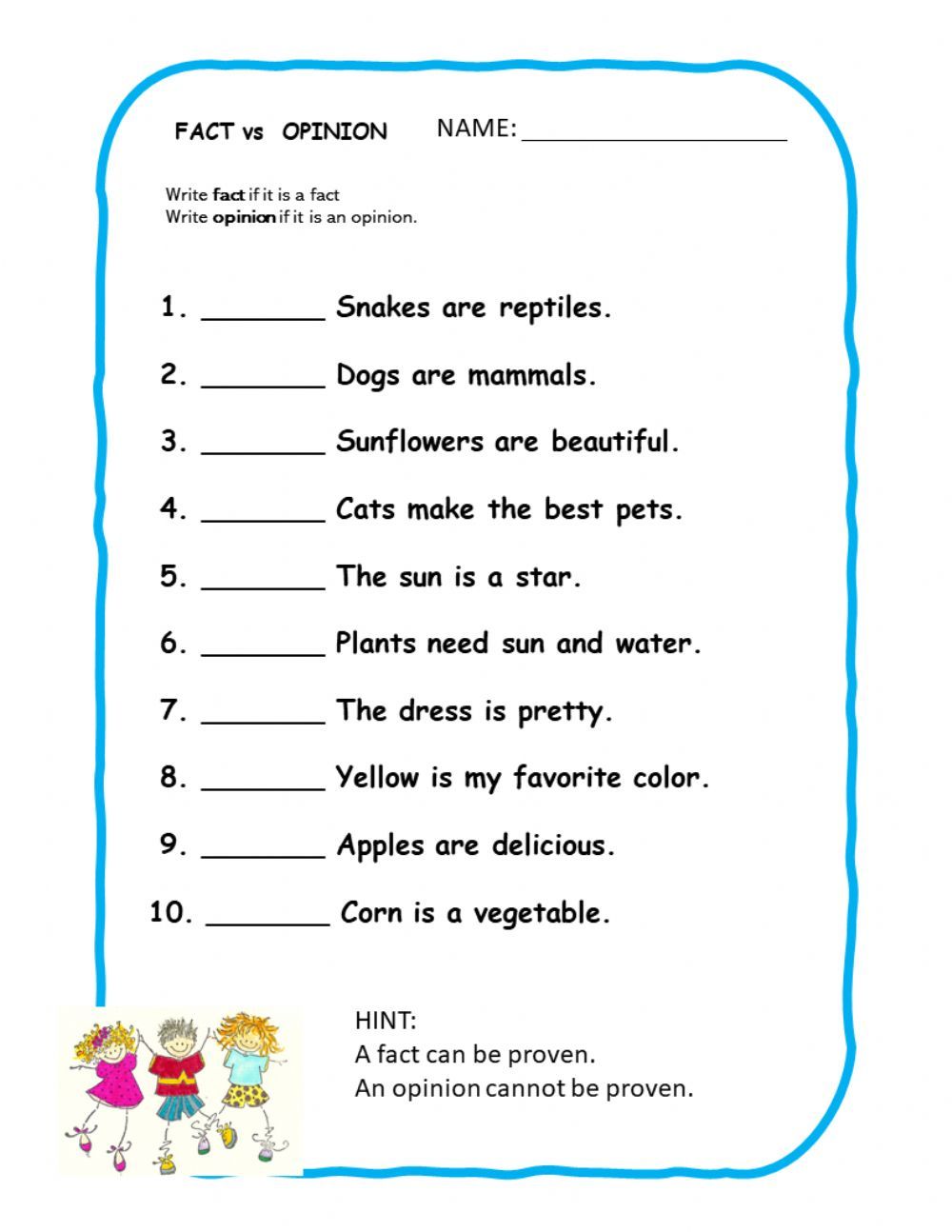
| Statement | Fact or Opinion |
|---|---|
| Cats are mammals. | |
| I think cats are cute. | |
| Dogs are often considered man’s best friend. | |
| I love playing with dogs. |
Worksheet 2: Identifying Facts and Opinions
Provide a short passage with a mix of factual and opinion-based statements. Ask your child to identify which statements are facts and which are opinions.
Example passage:
“The sun is a star that is about 93 million miles away from Earth. I think the sun is beautiful. The sun rises in the east and sets in the west. Some people believe that the sun is the center of our solar system.”
Worksheet 3: Writing Facts and Opinions
Ask your child to write a short paragraph about a topic they’re interested in, such as their favorite hobby or sport. Then, ask them to identify the facts and opinions in their paragraph.
Example:
“I love playing soccer because it’s so much fun. Soccer is a team sport that requires skill and practice. I think the best soccer player is Messi. Soccer is played all around the world.”
📝 Note: Encourage your child to use transitional words and phrases, such as "in my opinion" or "I believe," to indicate when they're expressing an opinion.
Worksheet 4: Debating Facts and Opinions
Provide a topic for debate, such as “Should school uniforms be mandatory?” Ask your child to write a short argument for or against the topic, using a mix of facts and opinions. Then, engage in a respectful debate, taking turns presenting arguments and listening to each other’s perspectives.
Conclusion
Teaching kids the difference between fact and opinion is a valuable skill that can benefit them throughout their lives. By using these fun and engaging worksheets, you can help your child develop critical thinking skills, improve their communication, and become more media literate. Remember to provide guidance and support as they learn and practice this important concept.
What is the main difference between fact and opinion?
+Facts are statements that can be proven true or false, while opinions are subjective and based on personal beliefs or feelings.
Why is it important to teach kids the difference between fact and opinion?
+Teaching kids the difference between fact and opinion helps them develop critical thinking skills, improve their communication, and become more media literate.
What are some examples of fact and opinion statements?
+Examples of fact statements include “Cats are mammals” and “The sun rises in the east and sets in the west.” Examples of opinion statements include “I think cats are cute” and “I believe the best soccer player is Messi.”
Related Terms:
- Fact and opinion exercise
- Fact and opinion examples
- Fact and opinion text
- Fact and opinion pdf
- Super Teacher Worksheets
